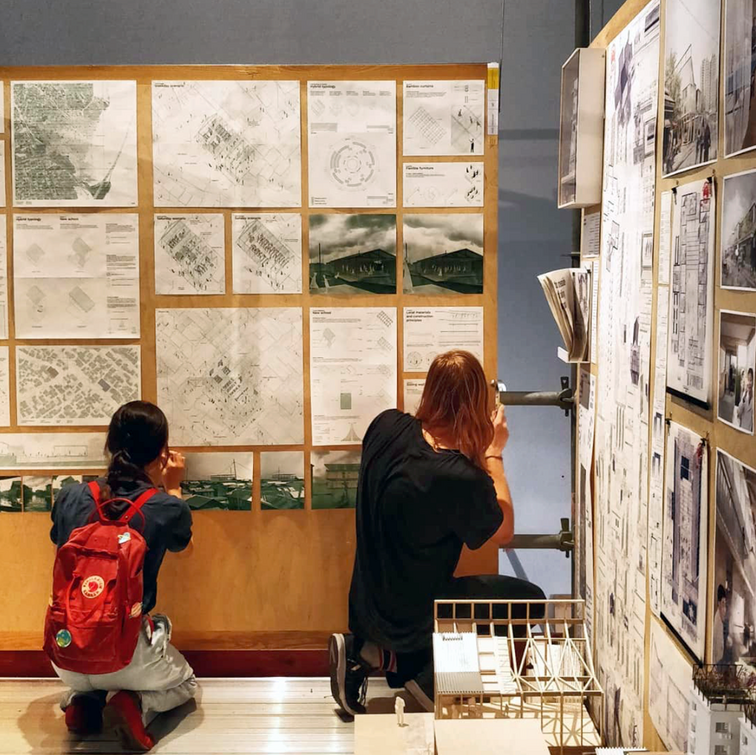About the Institute
The Institute of Architecture, City and Landscape has a bachelor's programme and two master's programmes at Campus Holmen, as well as a bachelor's program and from 2026 also two master's programmes at the Royal Danish Academy in Kalundborg.

Every other year, the institute offers a Master's in Strategic Urban Development, which is further education for practitioners in the field of urban development. In these years, the institute has also been for the Educational Institutions' Joint City Planning Course, a multi-disciplinary course for master's students in planning subjects across the universities.
The institute's professional areas are the spatial change and development of architecture, cities and cultural landscapes, current and historical. We are concerned with how we can produce qualified proposals for buildings, settlements, urban spaces, cities and landscapes that are informed by relevant research and artistic development activities. It is crucial for us to understand and utilize the changing social conditions to come to terms with these ambitions, and therefore we are also strong analysts and critics, and we gladly participate in the public debate.
The institute sees it as its main task to educate architects whose skills and knowledge have a very high relevance for how societies worldwide can understand and meet the challenges of globalization, so that the constant spatial breakdowns and changes take place in ways that contribute to an increased quality of life for the many , and for better balances in the challenged biosphere.
Our research, artistic development work and external collaborations are absolutely essential for us to be able to solve this task.
The institute's programmes span quite large professional areas, but the various architectural views and aesthetics all take their starting point from an understanding of architecture, which states that successful architecture owes its meaning and experiential power to a very close dialogue with the concrete surroundings and to the conditions - human, spatial, economic, geological, urban, landscape climatic, political, etc. – that are at stake in this very place.

